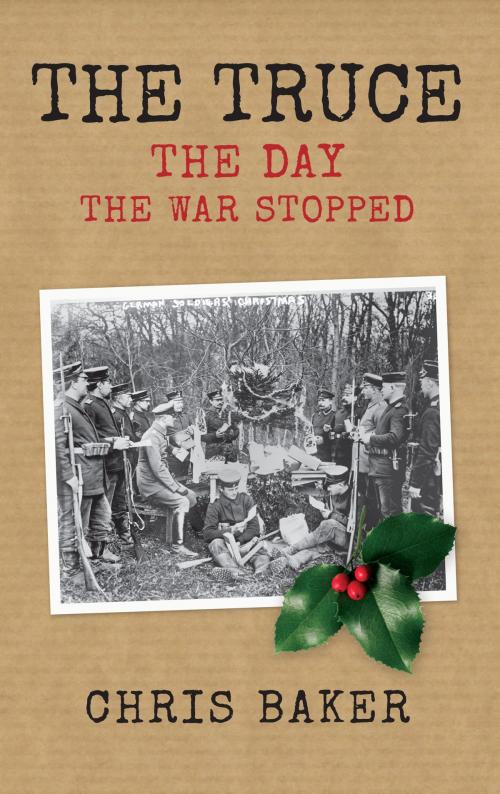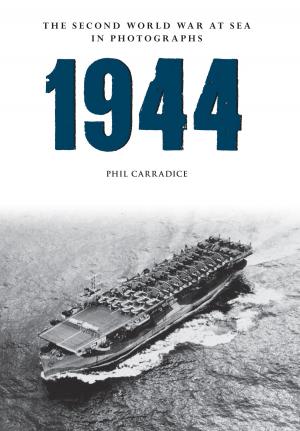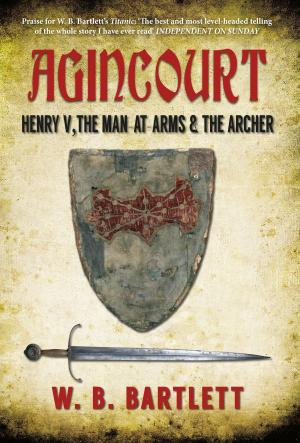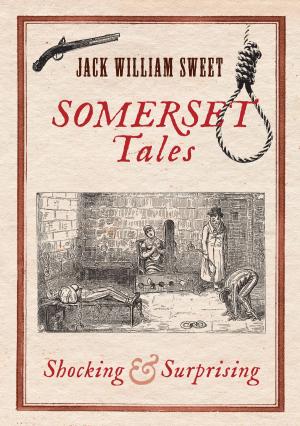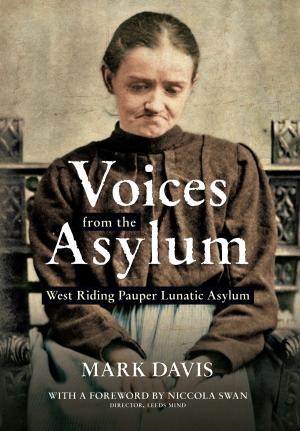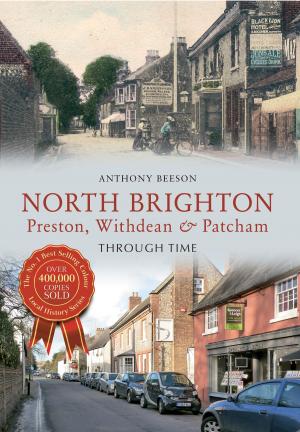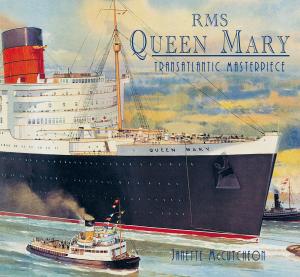| Author: | Chris Baker | ISBN: | 9781445635118 |
| Publisher: | Amberley Publishing | Publication: | September 15, 2014 |
| Imprint: | Amberley Publishing | Language: | English |
| Author: | Chris Baker |
| ISBN: | 9781445635118 |
| Publisher: | Amberley Publishing |
| Publication: | September 15, 2014 |
| Imprint: | Amberley Publishing |
| Language: | English |
The Christmas Truce is seen as a satisfying and hopeful event in a war that is often regarded as unnecessary, bitter, hopeless and futile. Many accounts give a warm, poignant view of the truce, to the extent that it has gained totemic significance in the minds of the general public. Inspired by the centenary, and in the light of documentary evidence unavailable when previous accounts have been published, Chris Baker examines the events leading up to the 1914 truce. In December 1914, some of the most flawed and costly attacks made by the British during the war occurred, including failed attacks at Messines, Ploegsteert and elsewhere on 18/19 December. The truce in part came about as a necessity to bury the large numbers of the dead from these attacks. What did regulations say about fraternisation? What was happening behind the lines? Why was there a truce in some places but not others? Including an analysis of the British dead and those British and German units that are known to have taken part in the truce, along with a guided tour of the fields today, The Truce: The Day the War Stopped reveals the untold story of one of the most well-known and romanticised events of the First World War.
The Christmas Truce is seen as a satisfying and hopeful event in a war that is often regarded as unnecessary, bitter, hopeless and futile. Many accounts give a warm, poignant view of the truce, to the extent that it has gained totemic significance in the minds of the general public. Inspired by the centenary, and in the light of documentary evidence unavailable when previous accounts have been published, Chris Baker examines the events leading up to the 1914 truce. In December 1914, some of the most flawed and costly attacks made by the British during the war occurred, including failed attacks at Messines, Ploegsteert and elsewhere on 18/19 December. The truce in part came about as a necessity to bury the large numbers of the dead from these attacks. What did regulations say about fraternisation? What was happening behind the lines? Why was there a truce in some places but not others? Including an analysis of the British dead and those British and German units that are known to have taken part in the truce, along with a guided tour of the fields today, The Truce: The Day the War Stopped reveals the untold story of one of the most well-known and romanticised events of the First World War.
